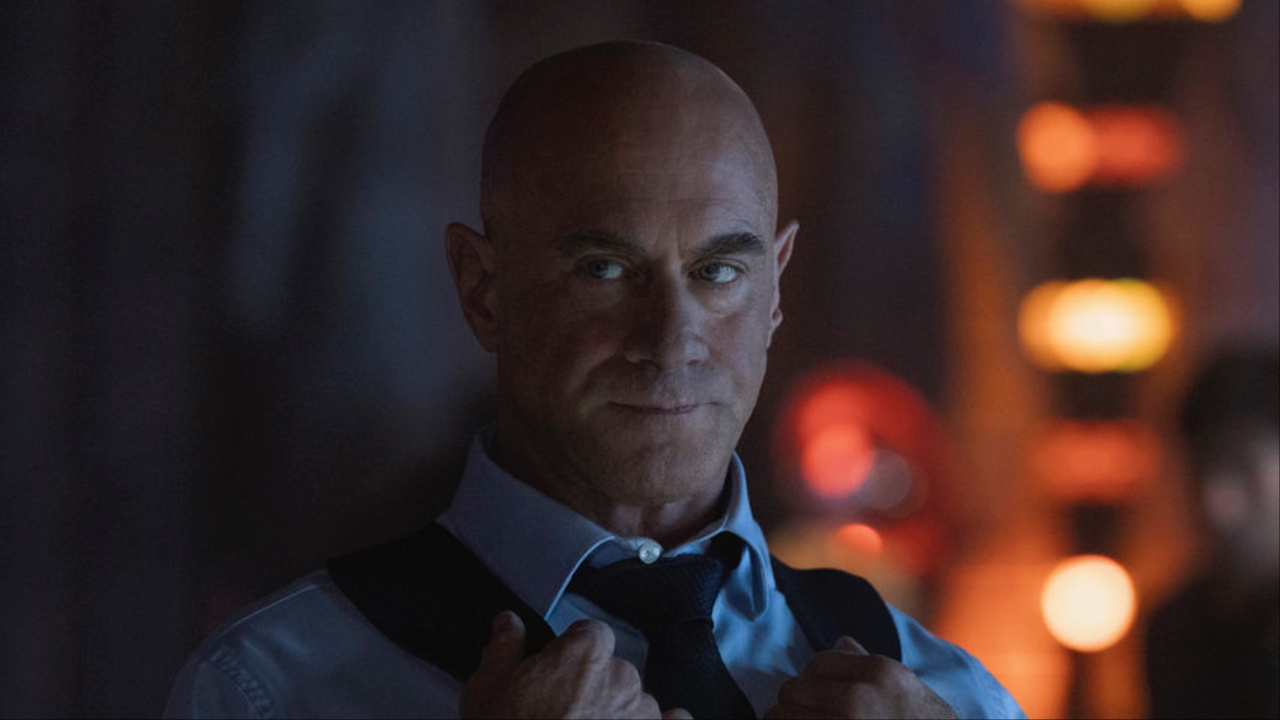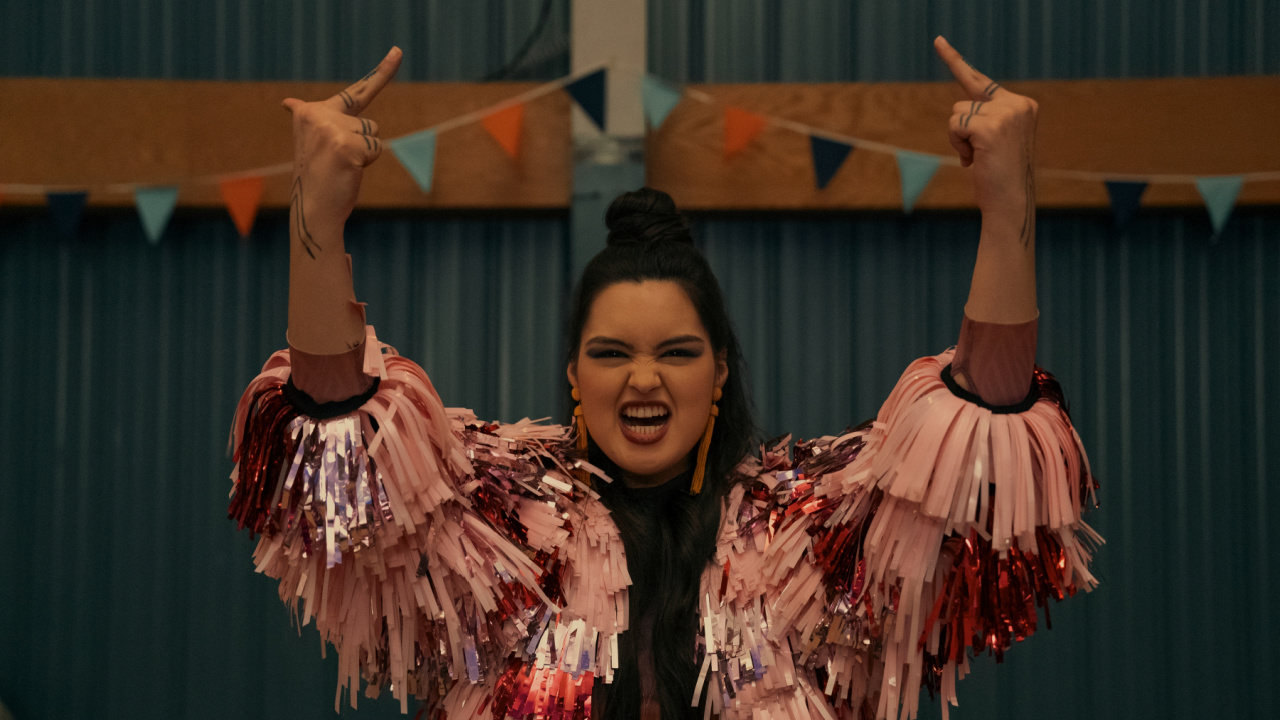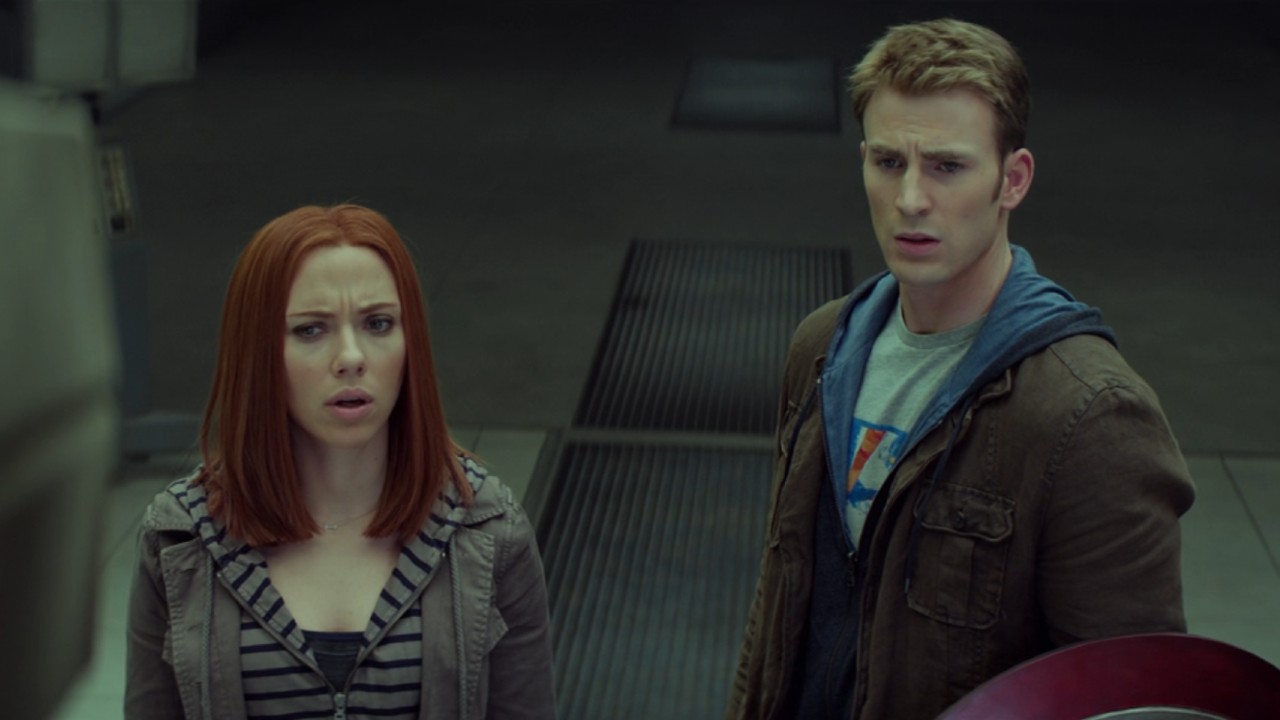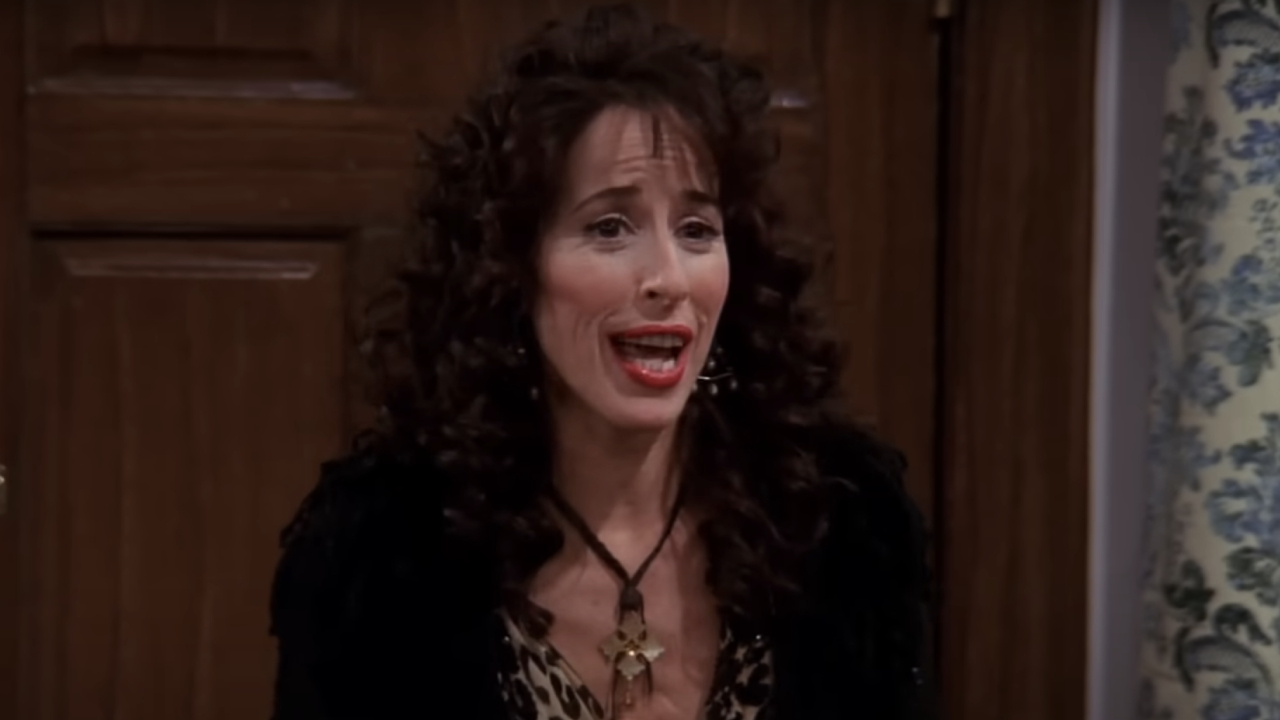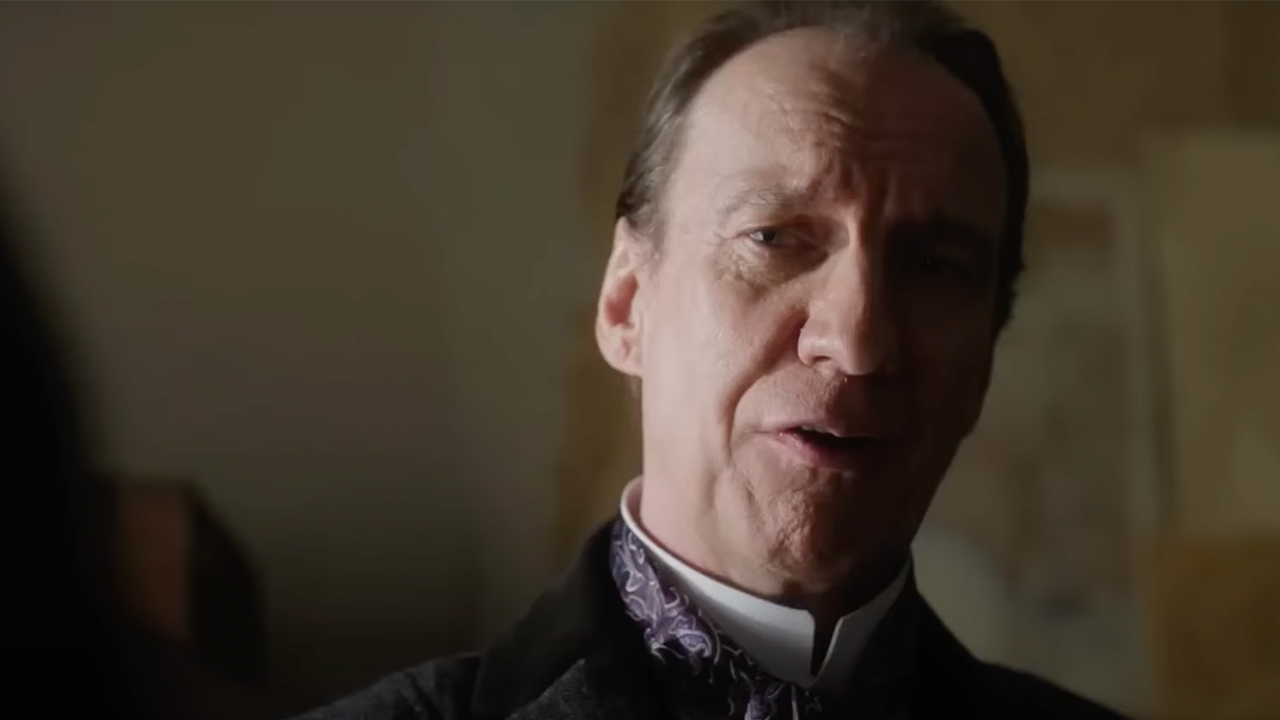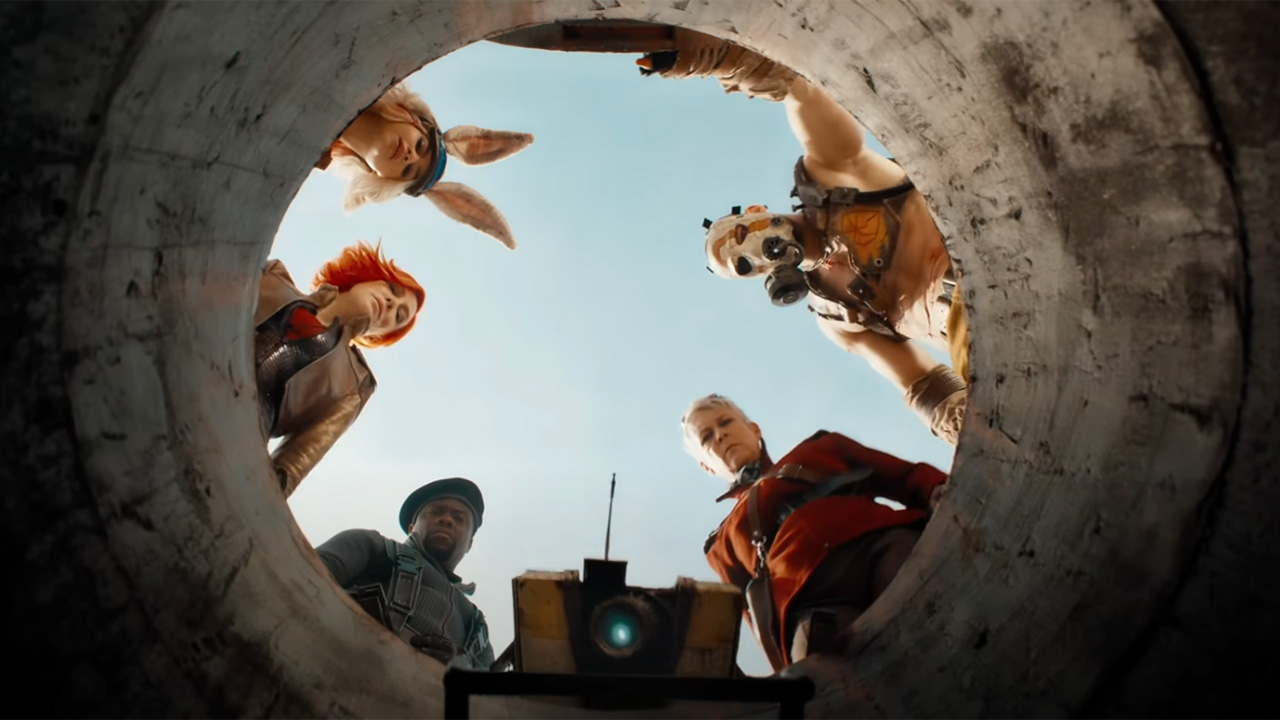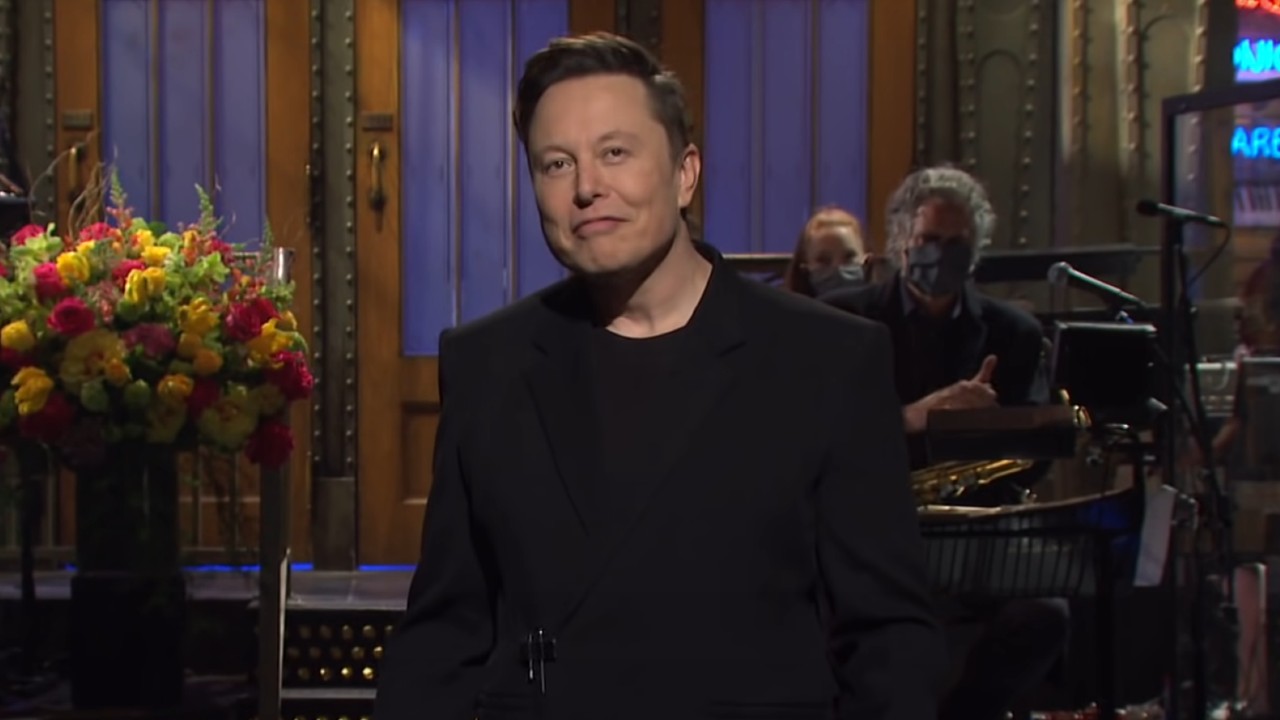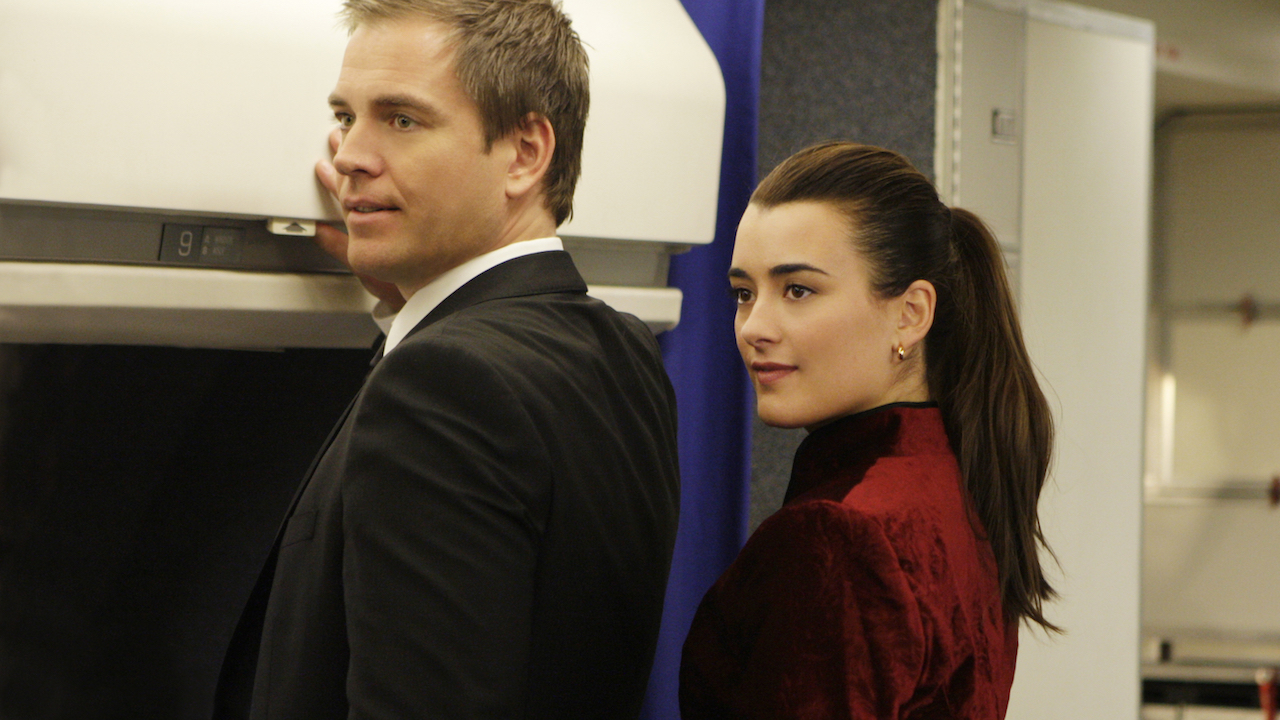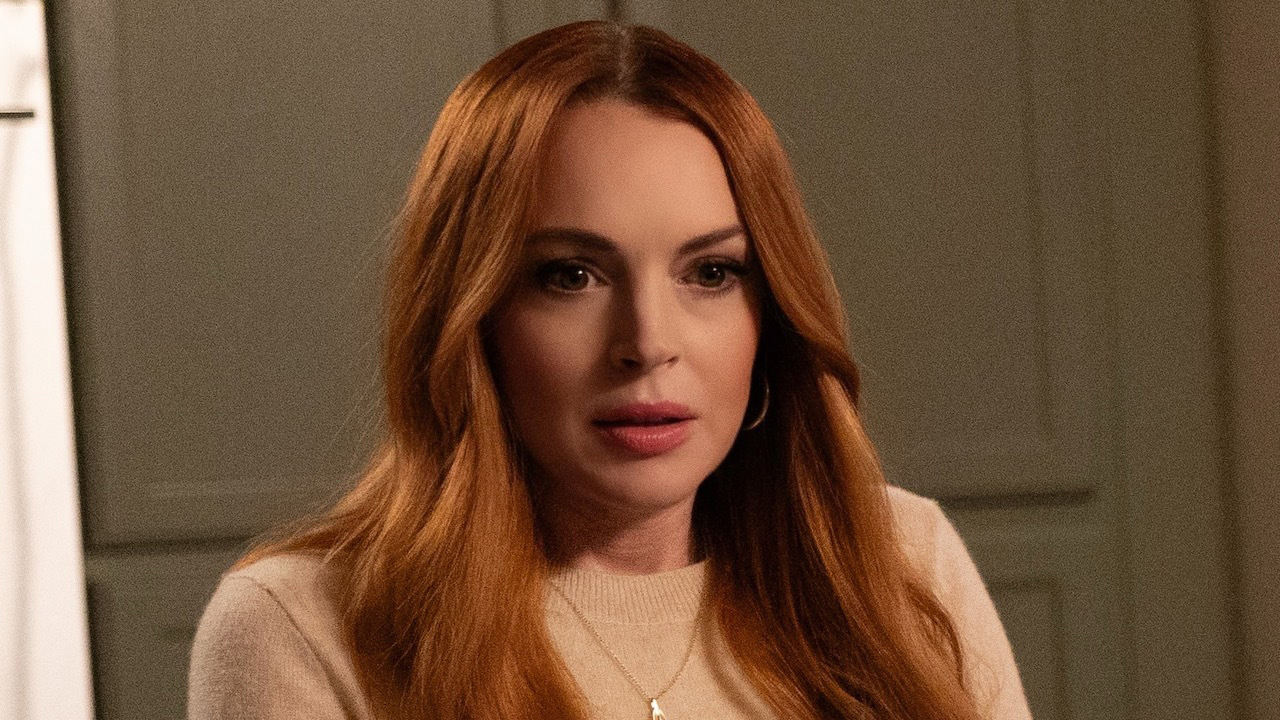5 Problems IT Chapter Two Has With Telling Its Story
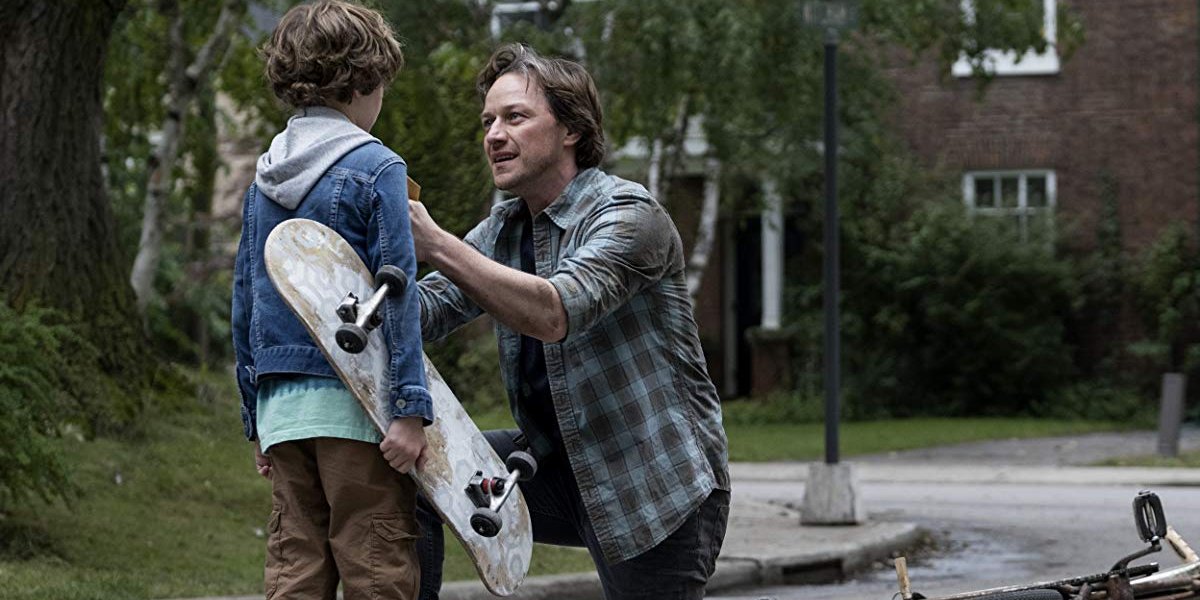
Warning: SPOILERS for IT Chapter Two are in play. If you haven’t seen the film yet and want to remain unspoiled, please back out of this story and come back once you’ve experienced the finale.
When IT broke records and made fans and friends all over in 2017, it started a wave of anticipation that would eventually culminate in the release of the story’s conclusion with IT Chapter Two. Seeing how the legendary story of Stephen King’s massive hit novel would tie up its loose ends in director Andy Muschietti and writer Gary Dauberman’s return to Derry was a prospect that had audiences drooling like Pennywise over a lost child.
And now that we’ve seen the results of those efforts, there’s been a consensus that the final product was, despite being a satisfying ending, a bit underwhelming in the long run. The reasons for such a reception are pretty clear; when looking at the problems that IT Chapter Two had with telling its story, there are some mistakes that could have been avoided with a little more fine tuning.
This is by no means a write-off of the work that Muschietti, Dauberman and all involved with IT Chapter Two have committed to film. Rather, what we’re about to discuss are the reasons why instead of being a fantastic tour de force of an ending, this follow-up was really just a fine picture. Spoilers are going to be all over the place from this point on, so if you haven’t seen the movie, this is your last chance to bail out before the fun begins.
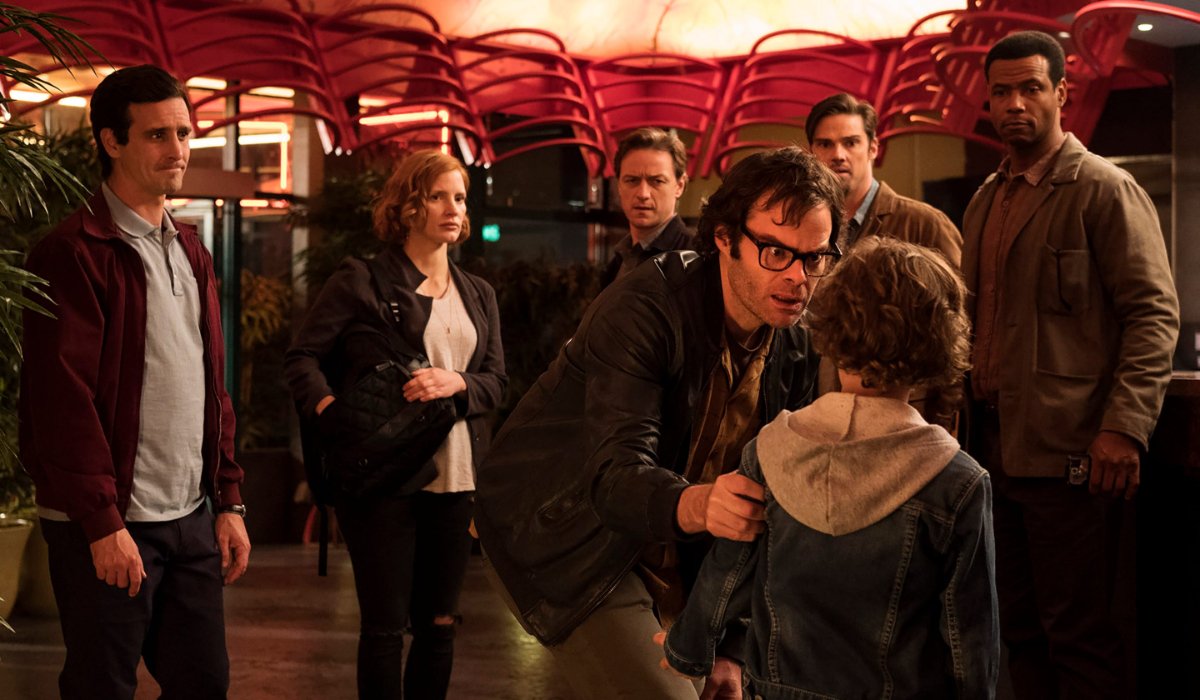
There’s A Lot Of Misplaced Humor In IT Chapter Two
Dark humor is something that fans of Stephen King and especially fans of IT are familiar with. So saying that IT Chapter Two was a bit too funny is something that might come off as weird upon first brush. And yet, there were moments that, whether intentional or not, totally ruined their impact by throwing in elements of humor.
The two big moments that seemed to strike a sour note with IT Chapter Two’s crowds were that “sly” inclusion of The Shining’s infamous “Here’s Johnny” line during Bev’s big bathroom stall freakout during the Ritual of Chud, and the ill-informed usage of Juice Newton’s “Angel of the Morning” during Eddie Kaspbrak’s confrontation of his fears.
Both are moments that take the audience out of what are supposed to be huge moments of fear-fueled paranoia, as Pennywise starts to taunt The Losers’ Club with all of his most terrifying tricks. As it stands, the true terror of the being also known as IT seems to have been left behind, along with all of the other cohesive storytelling triumphs in Chapter One.
CINEMABLEND NEWSLETTER
Your Daily Blend of Entertainment News
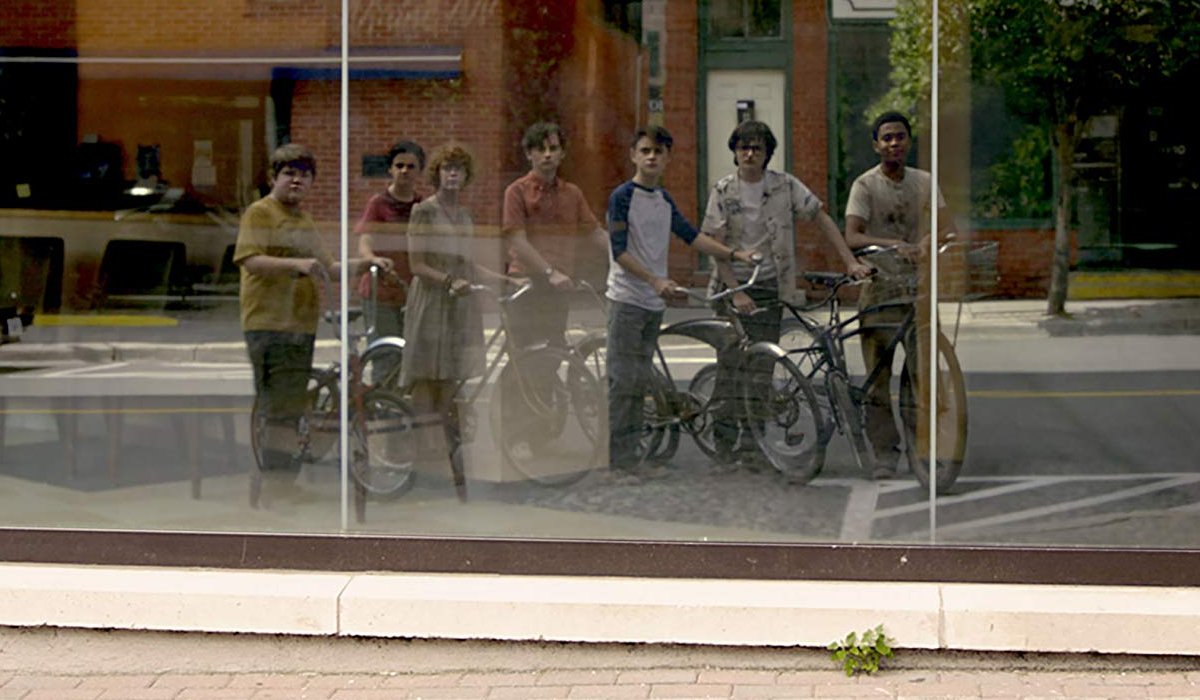
The Flashbacks Undermine The Work Done By IT
A crucial factor to IT’s overall story is the fact that every member of The Losers’ Club who's moved out of Derry has forgotten the events of that summer they fought Pennywise. By time Mike Hanlon makes his calls to the group, which starts to awaken the group’s memories of what had transpired, their big fight was all but totally lost to the fog of the past.
Obviously flashbacks were going to be a device used reintroduce our Losers to their past exploits, so the usage of the past to tell IT Chapter Two’s story isn’t the problem here. The big problem is that there were way too many new scenes written as flashbacks, considering there was a whole prior film dedicated to the younger history of The Losers’ Club.
IT was so unique when it came to telling the story of the novel, because it decided to exclusively tell the story of the group’s shared childhood, leaving IT Chapter Two to deal with the older half of the proceedings, presumably with flashbacks here and there to really drive the story home. But with its nearly three-hour run time, there were so many new flashes of Derry childhood that you had to question whether or not these films should have stuck to the novel’s back-and-forth structure in the first place.
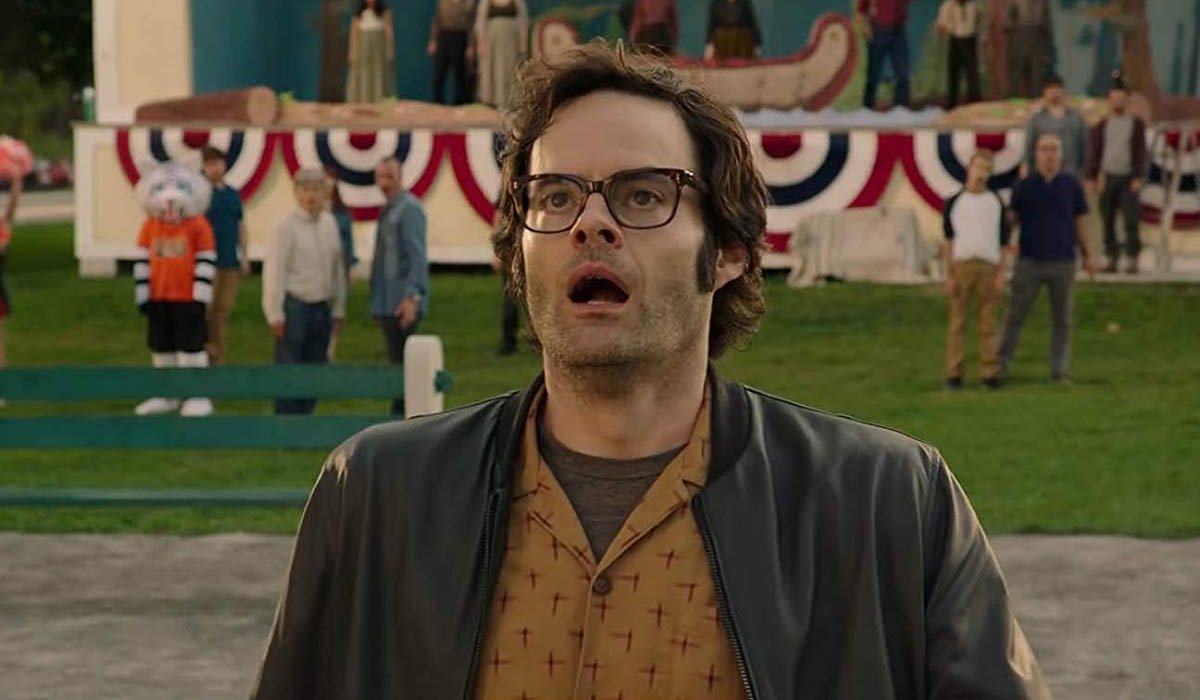
Richie’s Big Twist In IT Chapter Two Needed To Start In Chapter One
Perhaps the biggest twist in IT Chapter Two’s story structure was that of Bill Hader’s Richie Tozier being outed as not only as being gay, but also having a crush on his childhood friend, Eddie Kaspbrak. That twist, in concept, is a pretty fantastic story decision, and it ties into themes that Stephen King’s material presents to its audience rather well. However, it’s the execution of said twist that really bungles the message.
Jumping back to the problem of flashbacks introducing new information, we get one scene of Finn Wolfhard’s younger Richie being hinted as being gay, and that’s the only basis we’re given to make this particularly big jump in IT Chapter Two’s story. Not only should that scene have been present in 2017’s IT, it also should have been built into the story with some more moments hinting at Richie’s crush on Eddie.
Something as poignant as Richie and Eddie’s connection as friends and as a childhood romance shouldn't have been sprung as a surprise on the audience in IT Chapter Two. When Pennywise threatens Richie by telling his “dirty little secret,” we should be in on that secret with him, feeling the terror that Bill Hader shows in his face in that moment. Instead, the audience is left in the dark, in the name of cheap suspense.
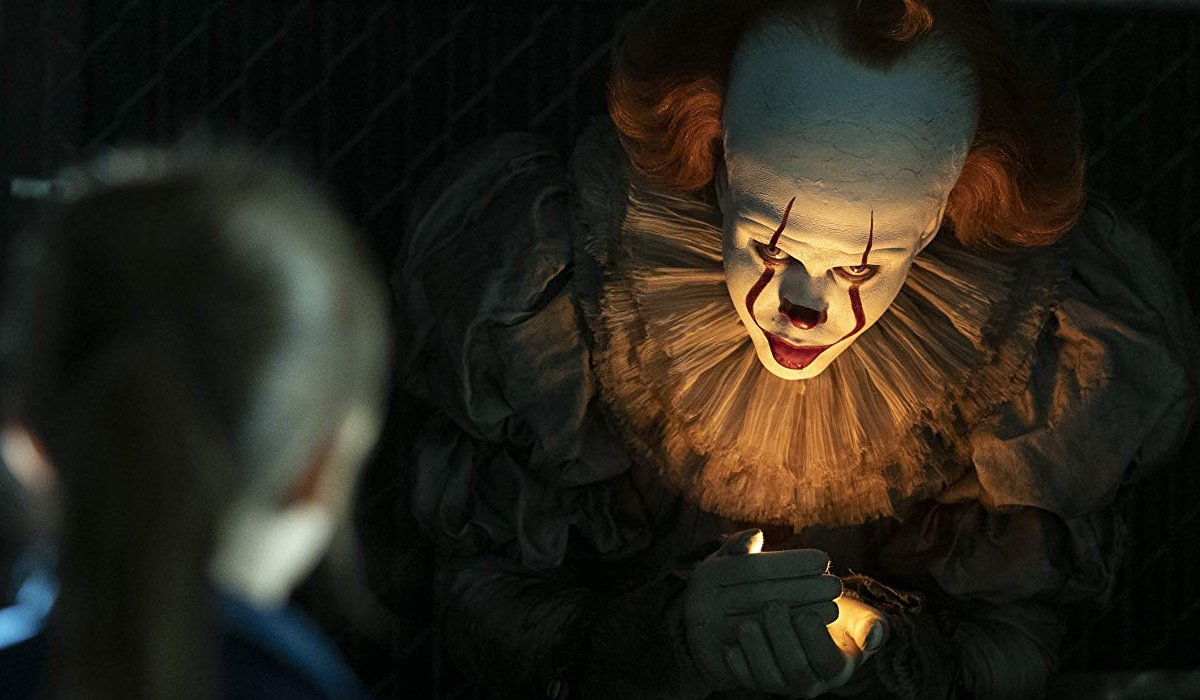
The IT Story Should Have Been A Trilogy
All of the problems that IT and IT Chapter Two suffered on the story level are indicative of two greater mistakes that have come to light when it comes to the crafting of the massive narrative that Stephen King’s novel is known to possess. The first greater problem with IT is the fact that there’s so much material deleted from the overall story that, should it be restored, would make for a richer experience.
Which means that instead of just following the two installment template that the 1990 miniseries was bound to, director Andy Muschietti and writer Gary Dauberman could have turn the entire story into a trilogy of films. In that structure, IT and IT Chapter Two could have included crucial characters that were underdeveloped in this installment, like Bill Denbrough’s wife Audra (Jess Wexler) or Bev Rogen’s abusive husband Tom (Will Beinbrink).
More importantly, IT Chapter Two would have been free to use more time to go into the reunion of The Losers’ Club and the rediscovery of their memories. An entire middle film of digging up childhood trauma and dealing with the loss of Andy Bean’s Stan Uris would have set things up perfectly for one, gigantic finale in IT: The Final Chapter.
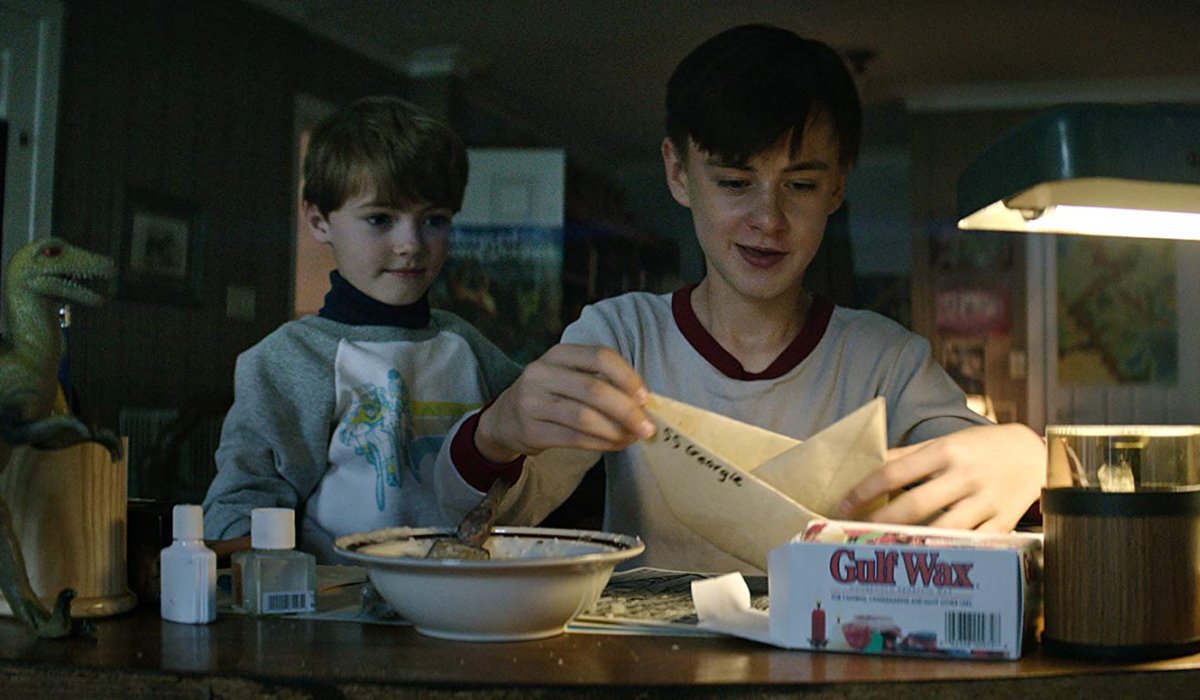
IT Should Have Been Written And Shot, In Total, From The Start
While we’re on the subject of structure, that leads to one final problem with IT’s overall execution: the entire story, no matter how many parts it ran through, should have been written and shot from the start of the story. In its current form, IT Chapter Two had to use de-aging CGI on its young cast and took a good two years to drop after IT wowed the world.
Instead of risking the loss of that momentum started in 2017, the entirety of IT should have been written and shot in one, fluid production period, and released within months of each other. At the most, there should have been a year between IT and IT Chapter Two, so that audiences wouldn’t have to worry about forgetting too much in-between films.
Perhaps there may have been an option where previous writers Chase Palmer and Cary Joji Fukunaga would have been able to be hired as consultants to help craft IT Chapter Two’s story, so the magic that made IT a collective triumph between their original script and Gary Dauberman’s punch-ups might have been preserved. But ultimately, even if everything was executed in a tighter window, the impact of IT Chapter Two might have felt more like the conclusion of a story, rather than a sequel to a separate film.
No matter how you look at IT and IT Chapter Two’s collective story, the fact remains that as satisfying as the film’s conclusion is, it could have been a lot better in its execution. Maybe in the proposed director’s cuts for each film, as well as the monstrous supercut that Andy Muschietti has been talking up, there’s a chance that Stephen King’s landmark story of childhood trauma might be told in a better way.
As it stands now, we’ve got IT on home video and IT Chapter Two in theaters now, ready for audiences to judge for themselves as to whether or not Stephen King’s story works in this current incarnation or not.
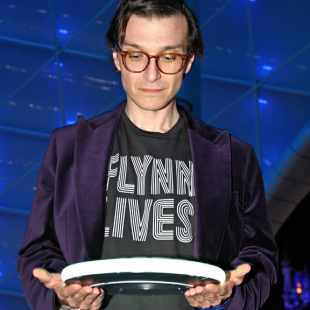
Mike Reyes is the Senior Movie Contributor at CinemaBlend, though that title’s more of a guideline really. Passionate about entertainment since grade school, the movies have always held a special place in his life, which explains his current occupation. Mike graduated from Drew University with a Bachelor’s Degree in Political Science, but swore off of running for public office a long time ago. Mike's expertise ranges from James Bond to everything Alita, making for a brilliantly eclectic resume. He fights for the user.
